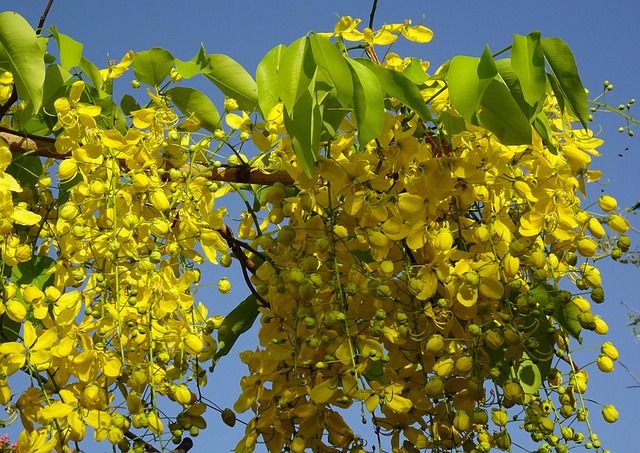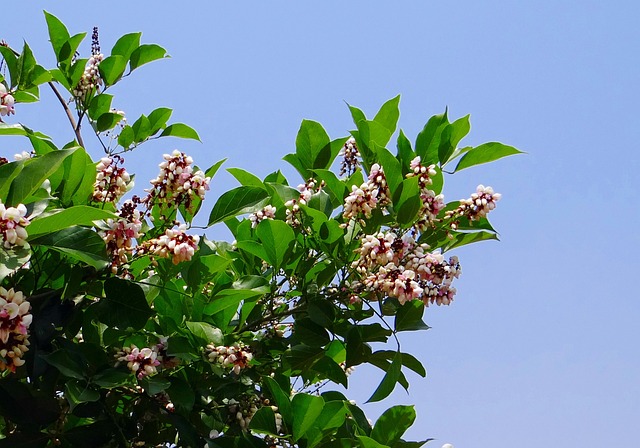
Trees play a vital role in the environment, providing shade, reducing air pollution, and enhancing the beauty of landscapes. In Pakistan, where climatic conditions vary from region to region, selecting the right tree species is essential. Fast-growing trees are the best option for those looking to establish greenery quickly. These trees grow rapidly and contribute to improved air quality, soil stability, and biodiversity.
Table of Contents
ToggleWhy Choose Fast-Growing Trees?
- Quick Shade: Ideal for hot climates, fast-growing trees provide shade within a few years.
- Erosion Control: Their roots help prevent soil erosion, especially in areas prone to floods.
- Air Purification: They absorb carbon dioxide and release oxygen, making the air cleaner.
- Aesthetic Appeal: Lush greenery enhances the beauty of gardens, parks, and roadsides.
- Wildlife Habitat: Birds and insects find shelter and food in these trees.
Top Fast-Growing Trees in Pakistan
Here are some of the best fast-growing tree species suitable for Pakistan’s climate:
Moringa (Moringa oleifera) (برگ سہانجنہ)
- Growth Rate: Very fast (up to 5 meters per year)
- Benefits: Known as the “miracle tree,” it provides edible leaves, pods, and medicinal properties.
- Ideal Locations: Warm and dry areas, commonly grown in Punjab and Sindh.

Neem (Azadirachta indica) (نیم)
- Growth Rate: Fast (up to 3-4 meters per year)
- Benefits: Medicinal tree with natural pesticide properties; provides excellent shade.
- Ideal Locations: Thrives in hot, dry climates; commonly found in urban and rural areas.

Eucalyptus (Eucalyptus camaldulensis) (سفیدا)
- Growth Rate: Very fast (6-12 feet per year)
- Benefits: Used for timber, paper, and oil production; helps in land reclamation.
- Ideal Locations: Grows well in arid and semi-arid regions.

Sukhchain (Pongamia pinnata) (سکھ چین)
- Growth Rate: Fast (up to 1.3 meters per year)
- Benefits: Provides deep shade and is used in urban landscaping.
- Ideal Locations: Roadsides, parks, and avenues in urban areas.

Mulberry (Morus alba) (شہتوت)
- Growth Rate: Fast (2-3 meters per year)
- Benefits: Provides edible berries, supports silkworm farming, and attracts birds.
- Ideal Locations: Widely cultivated in urban and rural areas.

Poplar (Populus spp.) (پاپولر)
- Growth Rate: Very fast (5 to 8 feet per year)
- Benefits: Used in the timber industry; grows well in riverine areas.
- Ideal Locations: Northern Punjab, Khyber Pakhtunkhwa, and along water bodies.

Amaltas (Cassia fistula) (املتاس)
- Growth Rate: Moderate to fast (grow up to 10–20 meters)
- Benefits: Beautiful yellow flowering tree, used in ornamental landscaping.
- Ideal Locations: Urban gardens, roadsides, and parks.

Tips for Growing Fast-Growing Trees
- Choose the Right Tree: Select a species that suits your region’s climate and soil type.
- Proper Spacing: Ensure adequate distance between trees to prevent overcrowding.
- Regular Watering: Young trees need consistent watering to establish strong roots.
- Fertilization: Use organic compost or fertilizers to promote healthy growth.
- Pruning: Regular trimming encourages better shape and faster growth.
Fast-growing trees are an excellent choice for enhancing Pakistan’s green cover, improving air quality, and combating climate change. Whether you want to plant trees for shade, timber, or aesthetic appeal, the options listed above will help you achieve rapid greenery. By planting and maintaining these trees, individuals and communities can contribute to a healthier and more sustainable environment.
